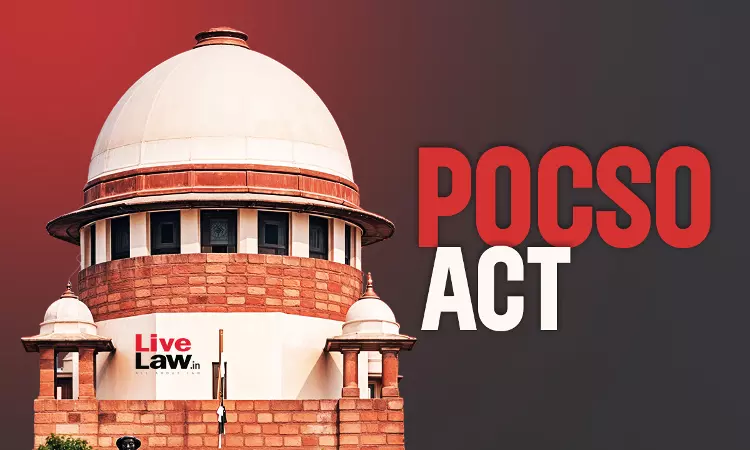 |
|
The Supreme Court of India has delivered a landmark judgment reaffirming the gravity of sexual assault offenses against minors, particularly within the context of the Protection of Children from Sexual Offences (POCSO) Act. In a case involving a teacher accused of rubbing the breast of a minor student, the court firmly rejected the Rajasthan High Court's decision to quash the complaint based on a compromise reached between the victim's father and the accused teacher.
The Supreme Court's ruling underscores a critical point: offenses under the POCSO Act, which are designed to protect children from sexual abuse, cannot be treated as private matters subject to compromise. The court stressed the societal impact of such crimes, emphasizing that sexual assault against children is a heinous act with far-reaching consequences for the victim, their families, and the community at large. This judgment serves as a powerful reminder that justice cannot be bargained away when it comes to safeguarding children.
The Supreme Court's decision is rooted in the fundamental principles of justice and the need to protect vulnerable individuals, especially minors, from exploitation and abuse. By upholding the principle that POCSO Act offenses are not private matters, the court sends a strong message that perpetrators will be held accountable, regardless of any attempt at compromise or settlement. This ruling sets a crucial precedent for future cases, ensuring that the legal system prioritizes the rights and safety of children above all else.
The court's rejection of the compromise in this specific case highlights the broader issue of justice for victims of sexual assault. The court recognized that a compromise, even if seemingly reached between parties, does not erase the trauma and harm inflicted upon the victim. It also acknowledges that a compromise may not always be truly voluntary, particularly when power imbalances exist, such as in cases involving a teacher and a student. This underscores the need for a robust legal framework that protects victims and holds perpetrators accountable, without allowing for easy dismissals through compromise.
The Supreme Court's judgment in this case is a significant step toward ensuring that justice is served in cases of sexual assault against children. It sends a strong message that such offenses are not private matters and that perpetrators will be held accountable. This decision is a testament to the court's commitment to protecting the rights and well-being of children and upholding the principles of justice and accountability.
